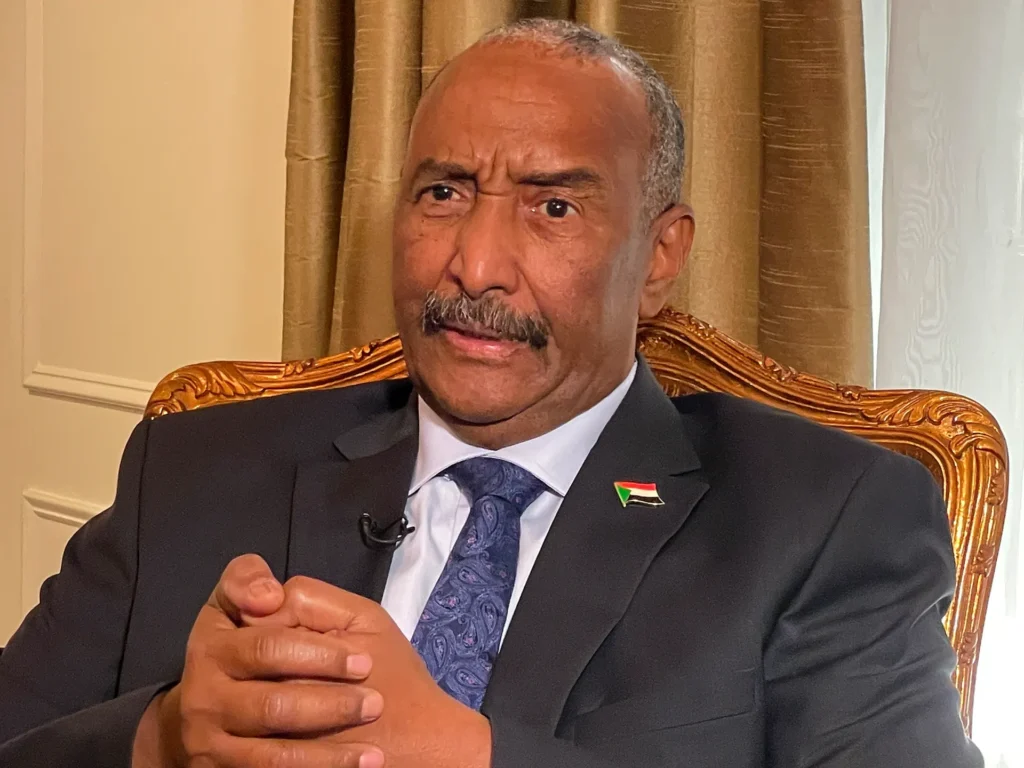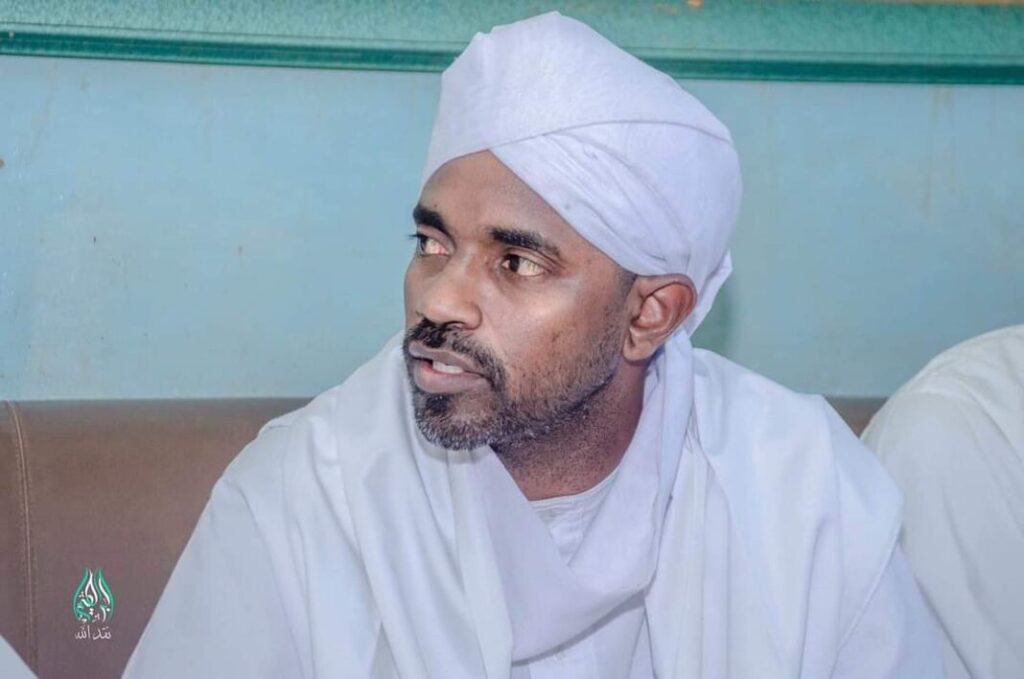
Sudan’s Founding Alliance (TASIS) announced a sweeping humanitarian plan for El Fasher after the city’s transition, pledging safe corridors, rapid restoration of essential services, and accountability for any abuses. The initiative centers on a new National Authority for Humanitarian Access tasked with coordinating food, medicine, WASH, and shelter operations with international and local partners.
Officials said engineering and clearance teams are already active in key neighborhoods to secure routes for convoys, while civilian police deployments aim to stabilize markets, health facilities, and water points. TASIS emphasized that civilians are free to move and that detainees not implicated in crimes will be released, framing the measures as a pivot from conflict to recovery.
Donor backing is gathering momentum. The United Arab Emirates pledged an additional $100 million for life-saving operations in and around El Fasher, aligning with TASIS’s corridor plan and prioritizing medical supply lines, nutrition programs for children, and emergency shelter. Additional partners are expected to channel funds toward re-establishing primary healthcare, maternity services, and mobile clinics to reach newly returned families.
Operationally, aid actors are preparing town-entry reception points and triage posts to manage incoming convoys, with pre-positioned stocks to be pushed forward as routes are cleared. Logistics support will focus on securing fuel, cold-chain, and rapid offloading at designated distribution hubs in the city to prevent bottlenecks.
TASIS leaders framed the package as part of a broader civilian-protection agenda. A legal committee has been tasked to investigate alleged violations, with a public commitment that “no soldier or officer is above the law.” Authorities say investigation outcomes will be disclosed and that courts will process cases transparently to ensure public trust as services resume.
Early priorities over the next days include
• Reopening main road spines for relief convoys and ambulance movement
• Re-activating water stations and emergency power for clinics
• Deploying mobile health teams and maternal care units
• Launching targeted food distributions for the most vulnerable
• Clearing unexploded ordnance along secondary streets used by aid trucks
With corridors declared open, an access authority in place, and fresh donor financing led by the UAE, TASIS is positioning El Fasher for a rapid humanitarian scale-up—moving the city toward stabilization, service restoration, and accountable governance.




